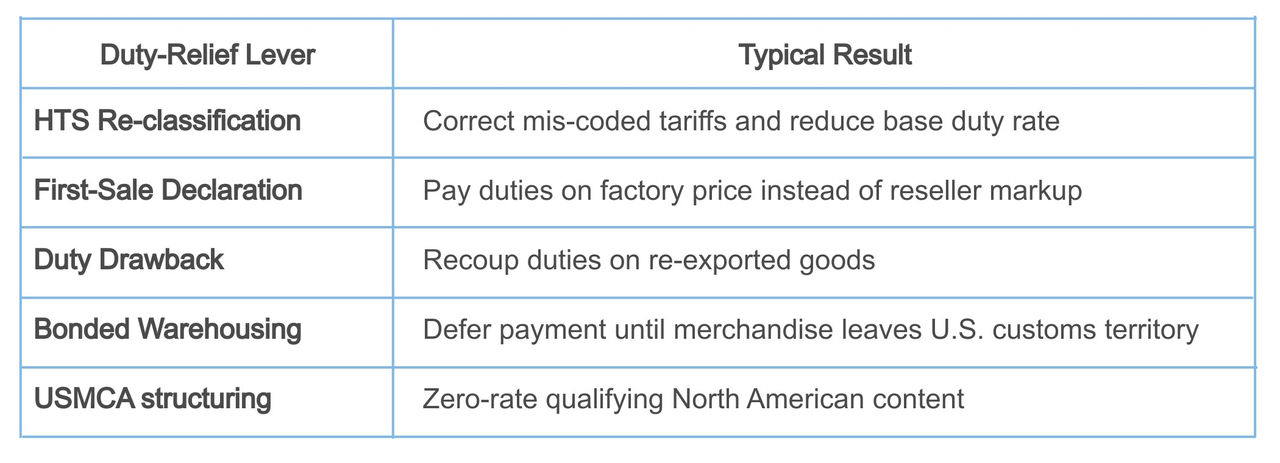- Pinpoint the single most manual process and automate it first. Momentum and visible ROI help drive the next sprint.
- Assign a data steward. Accurate, consistent data is the key to getting the most out of AI, predictive maintenance and real-time analytics.
- Map your path to a cloud ERP or integration platform. A unified view of operations puts real-time information at leadership’s fingertips.
- Choose integration over customization. Seek software that already integrates well, rather than rewriting it yourself. Cloud-based ERPs and SaaS apps plug into each other automatically, so you keep a single, up-to-date view and avoid the intricate code that makes upgrades difficult later.
Companies that standardize processes and data now will be first to benefit from next-generation AI in tomorrow’s ERP and supply-chain tools.











